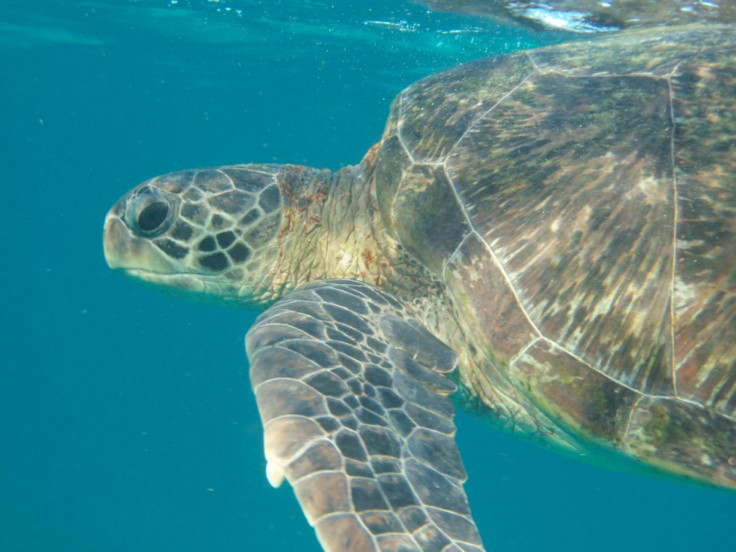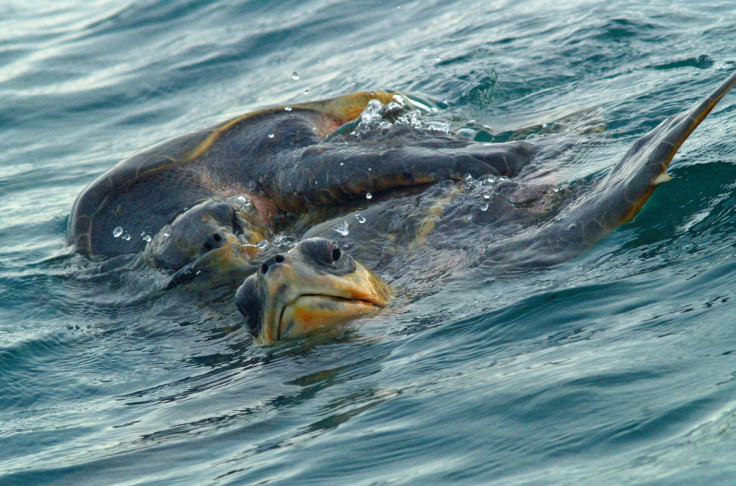More than half of all sea turtles have eaten plastic or human rubbish

Over half of the world's sea turtles have eaten plastic or human rubbish, Australian scientists have said. Their findings follow news that 99% of the world's seabirds will have ingested plastic by 2050.
The latest research, by scientists at the University of Queensland, combined global marine plastic distributions based on ocean drift data with maps of turtle habitats. This allowed them to predict exposure levels for six sea turtle species to plastic. It is estimated between four and 12 million tonnes of plastic enters the world's oceans every year.
The findings, published in the journal Global Change Biology, used data from necropsies of dead animals to assess the effects of plastic pollution. Ingesting plastic can kill turtles by blocking the gut or piercing the gut wall. It can also lead to the release of toxic chemicals into the turtle's tissues.
"We modelled the [probability of debris ingestion] by incorporating exposure to debris and consequence of exposure, and included life history stage, species of sea turtle and date of stranding observation as possible additional explanatory factors," they wrote. "Life history stage is the best predictor of debris ingestion, but the best-fit model also incorporates encounter rates within a limited distance from stranding location, marine debris predictions specific to the date of the stranding study and turtle species."

Lead author Qamar Schuyle said: "The results indicate that approximately 52% of turtles worldwide have eaten debris." They found the sea turtles at greatest risk were in the east coasts of Australia and North America, Southeast Asia, southern Africa and Hawaii. This was because of debris loads and high species diversity.
The study also showed the olive ridley turtle – which is listed as vulnerable on the IUCN Red list – is at greatest risk of all the species. This species feeds on jellyfish and other floating animals and tends to eat in the open ocean, where debris accumulates.
The CSIRO's Chris Wilcox, who was involved in the seabirds study published in PNAS earlier this month, commented on the findings: "We now know that both sea turtles and seabirds are experiencing very high levels of debris ingestion, and that the issue is growing. It is only a matter of time before we see the same problems in other species, and even in the fish we eat."
© Copyright IBTimes 2025. All rights reserved.






















